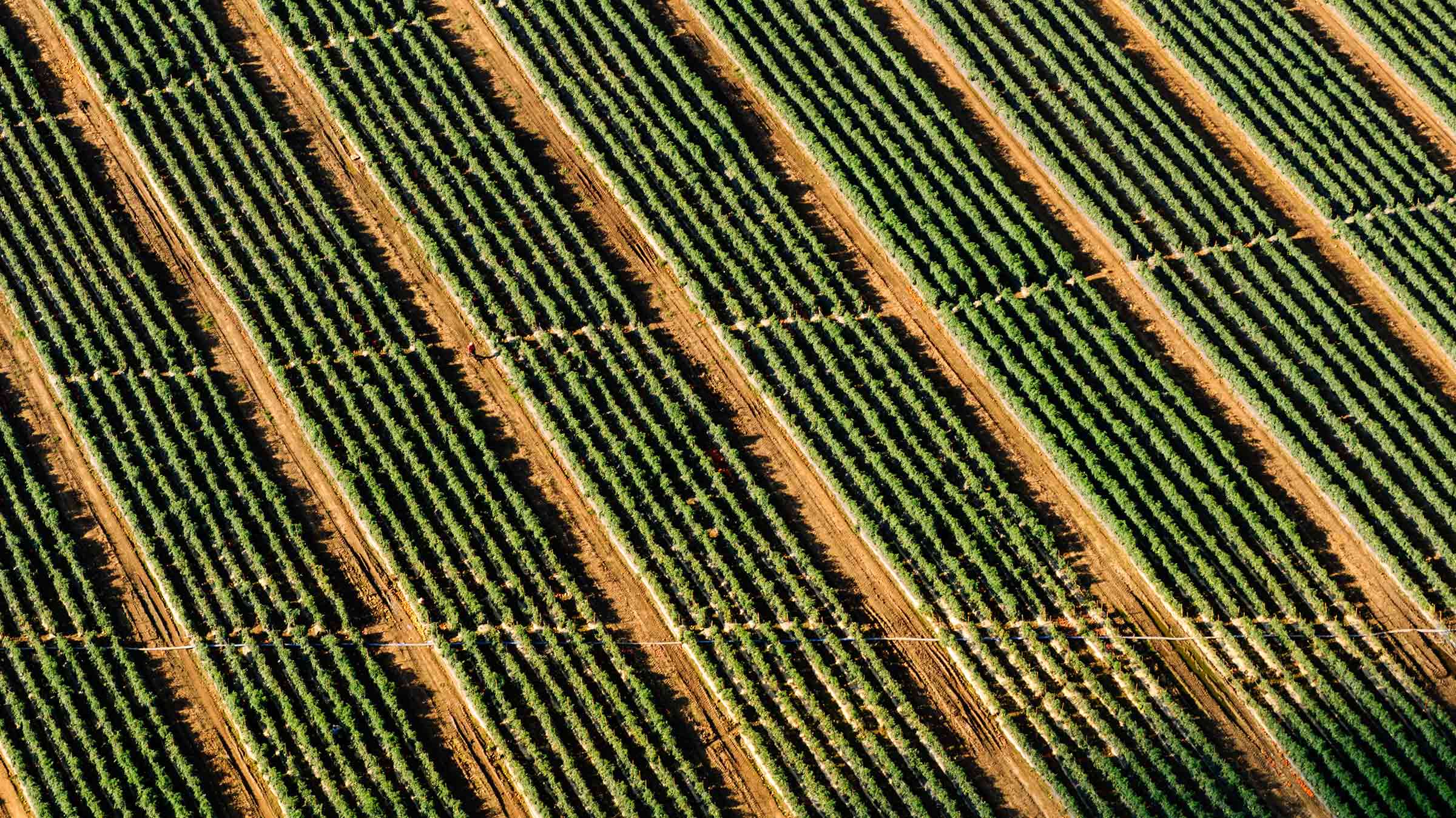Researchers from six American universities discovered that a future of living solely off the land isn’t the most efficient way of farming.
If buying habits are anything to go by, consumers are clearly pivoting towards a plant-based diet. Cow’s milk sales are on the decline in the U.S., while alternatives like soy and almond climbed by 8.1 percent last year—sales of non-diary yogurt alone were up 56 percent.
But now it seems veganism may not be the catch-all environmentally sustainable solution we’ve been pegging it as. Researchers from six universities have modeled ten different diets to see which one needs the least amount of agricultural land to continue putting food on the table and it turns out that a future of living solely off the land isn’t the most efficient way of farming.
In the paper Carrying capacity of U.S. agricultural land, scientists from six American universities including Cornell wanted to see how each diet impacted the land. They found the results were far more complicated than a simple blanket ban on all animal products.
Five of the “Healthy Diet” scenarios the researchers modeled contained meat, and three were vegetarian.
While, in general, grazing animals do tend to use more land than plants, there are plenty of factors to consider; various farming procedures can be more or less intensive than others, products (be it animal or otherwise) have vastly different levels of waste, and not all land is the same.
What the research calls for is a more nuanced state of mind when it comes to laying the groundwork for how we’ll feed ourselves in the future. After the numbers were crunched, the results were clear—vegan diets can be incredibly wasteful.
Putting ideologies and trends aside, authors of the paper wanted to examine the “human carrying capacity” of land in the U.S. and found it to be a mixed bag; crops varied wildly as to whether or not they were a sensible option to dedicate our limited arable, nutrient-rich land to.
“While livestock production is the largest land user on Earth,” the researchers stated, “simplistic thinking about dietary change must be avoided.”







